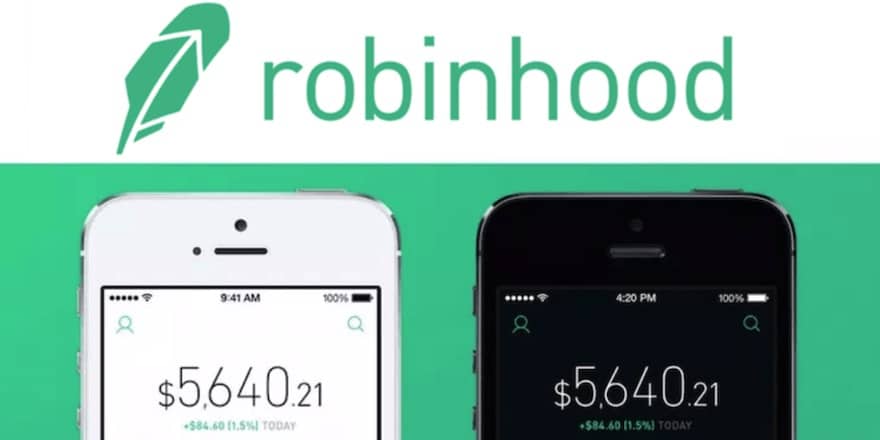Is your money safe?
Some Robinhood customers say their money was looted, suggesting online stock trading may be less secure than investors hoped.
Written content by Charlie Wells, Annie Massa, and Sophie Alexander via Bloomberg Wealth
It feels as easy as it does safe. With a few swipes of the thumb, investors anywhere can trade stocks straight from their mobile phones, identifying themselves with the unique biometric data stored in their fingerprints or faces.
But an expanding pool of consumer complaints suggests that online trading, which has soared in popularity during the Covid-19 pandemic, may be less secure than investors would hope. Bloomberg News reported last week on the experience of some users on Robinhood Markets Inc.’s brokerage app who say their money was stolen.
Robinhood says the issue didn’t stem from a breach of its systems. Yet the lack of an emergency phone number left customers feeling stranded with little avenue for help as their funds vanished, they said.

Cybersecurity experts say the boom in online stock trading has created a parallel opportunity for hackers. And even the most diligent traders can fall prey to the increasingly sophisticated tactics of today’s digital thieves.
“Cyber hacking has now become the biggest threat to investors’ financial well-being,” said Andrew Stoltmann, a Chicago-based lawyer and former president of the Public Investors Advocate Bar Association. “Unfortunately, brokerage firms haven’t invested the money needed in order to keep cyber hacking of brokerage accounts from happening.”
What are the new tricks?
Messages from alleged Nigerian princes writing about unmissable investment opportunities have been replaced by more believable “phishing” emails, said Jonathan Care, a research director who specializes in cybersecurity and fraud at Gartner.
Such missives might use personal information gathered from publicly visible social-media accounts. They may use the logos of financial institutions to look official to even the most discerning eye. The result? Unwitting investors may be baited into forking over their log-in information.
Other tactics take place in the background and make legitimate-seeming web activity risky. Some hackers set up WiFi networks in public places with monikers that sound credible — such as the name of a nearby business — which can in fact be used to take control of a system. Read more from Bloomberg Wealth.
Read other finance and technology related stories from News Without Politics





